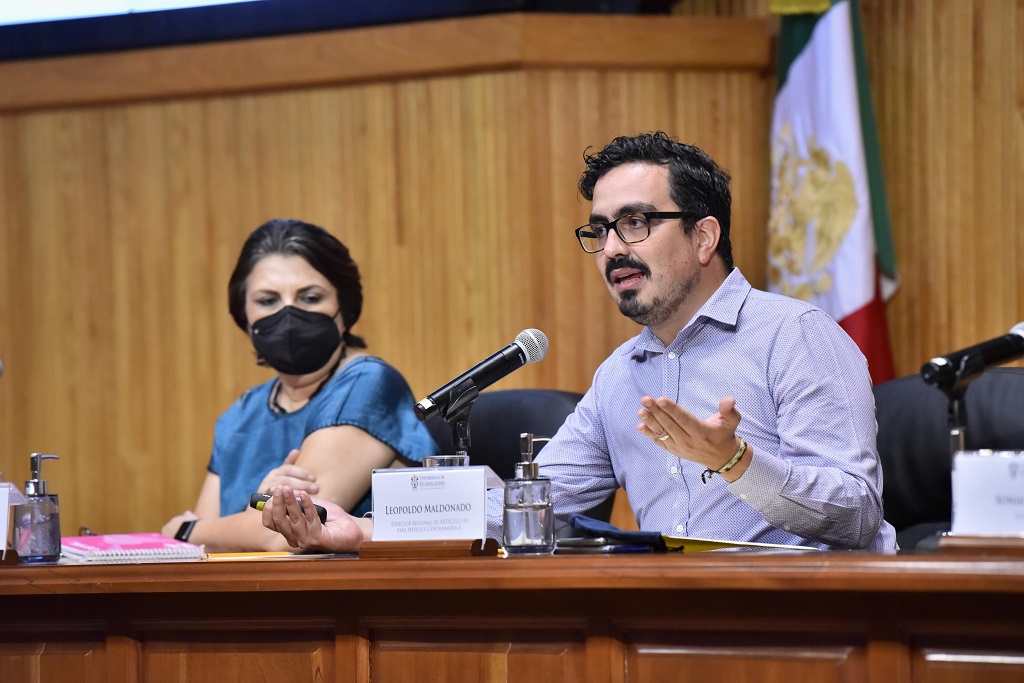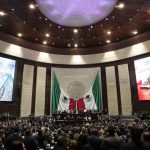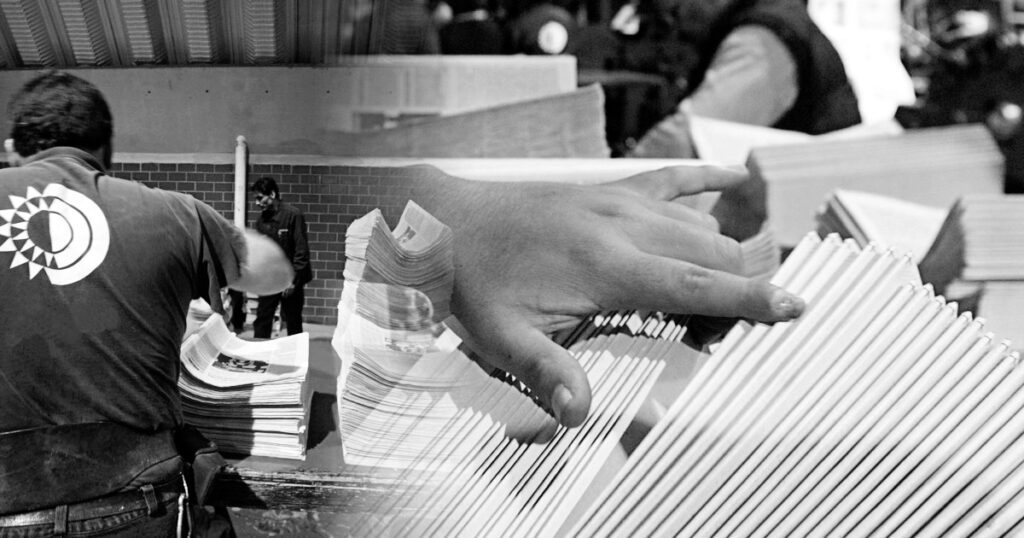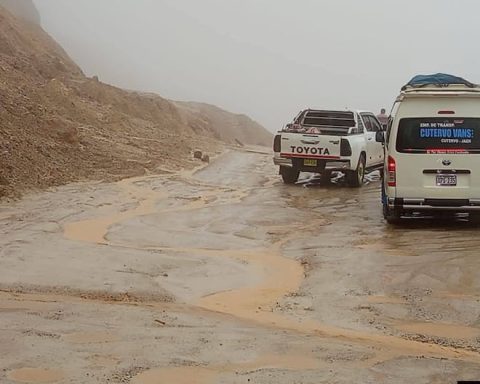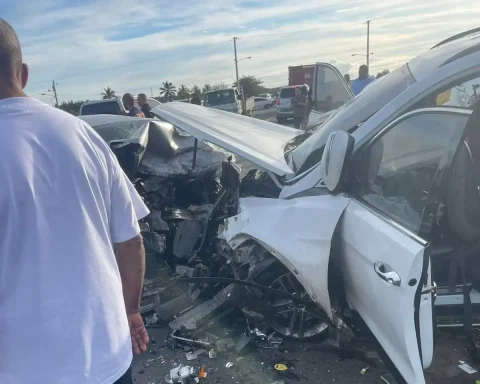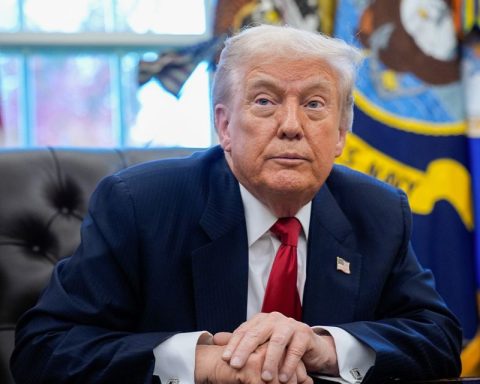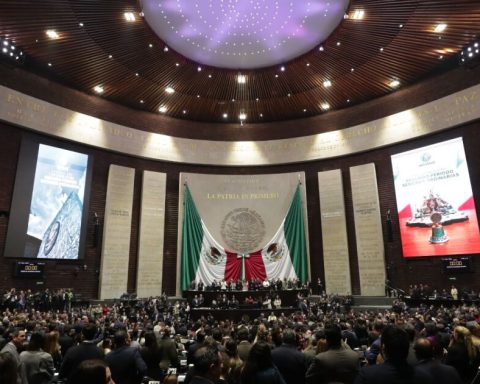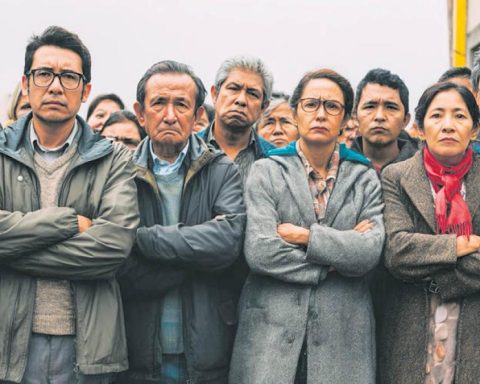Latin America adds up 37 murders against journalists until last November, according to the Rapporteurship for Freedom of Expression, of the Inter-American Commission on Human Rights (IACHR). It is the highest number since 1998.
In a region crossed by different threats, including organized crime or authoritarianism that is always present in our history, Leopoldo Maldonado, regional director of Article 19identifies “criminal governance” as the main threat to the reporting profession.
Article 19 is one of the largest and most influential organizations in defense of freedom of expression. From Mexico, where he has been the object of stigmatization by President Andrés Manuel López Obrador, Maldonado and his team have focused on a region where the powerful use different methods to silence journalism: the most violent is crime, and he also mentions exile.
Currently, twenty media outlets and more than 150 Nicaraguan journalists work from exile, as a result of the direct attacks of the dictatorship of Daniel Ortega and Rosario Murillo.
“Authoritarians place journalism as an enemy. The case of Ortega and Murillo is the most painful case in the region, but unfortunately it is not the only one. Authoritarianism spreads like a pandemic and we have strong regressions,” Maldonado lamented in this interview with CONFIDENTIAL and the program Tonight, which will be broadcast this Wednesday, December 14.
Maldonado congratulated the team of CONFIDENTIAL for winning third place Award at the Latin American Conference on Investigative Journalism (COLPIN) for an investigation into the Ortega-Murillo business network.
The IACHR published the data on how the year ended with 37 homicides of journalists. Who are responsible for this violence?
In countries like Mexico, Guatemala, Honduras or Haiti, one might think that it is organized crime that has a foundation, or a well-oiled interaction with the state apparatus, local politicians or politicians at the national level. Yes it is organized crime, but just in collusion with these political apparatuses or local bosses. To this are added groups of economic power, even legal, formal, that have interests. We have called it criminal governance.
If we zoom in on the number of attacks received by journalists who cover corruption and politics, they far exceed those who cover the security source or police note. They are primarily journalists who cover corruption and political issues because there are these structures that I have already mentioned..
We recommend you read: 15 journalists from El Faro denounce the manufacturer of the Pegasus software in the US
Is this the main threat to journalism right now?
There we subscribe to what the Inter-American Commission on Human Rights has said: killing a person for what they collect, think, and for what they say, is the most brutal form of censorship, of anti-democracy. They may not agree, they may be uncomfortable with what is said, but already pulling a trigger, ending a life for being published, evidently accounts for the social degradation and democratic rule of law in our Latin American countries.
Because in addition to that comes the companion of these murders, which is impunity, an impunity of 98% that starts the cycle again. The greater the violence, the greater the impunity; sends the message that (it) can continue committing these atrocities.
Article 19 denounced President López Obrador last week for attacks, how does this stigmatizing discourse of the rulers influence the attacks on the press?
To the old forms of authoritarianism and censorship that unfortunately we are well accustomed to in the region are added these new ones. These new forms that are based on the idea that heads of state are victims, as absurd, of journalism, of public scrutiny, of the citizenry, of society. They play the victims and that is why they feel—coupled with popularity or presumed popularity that some may not even have so much—, that is why they launch themselves against the population moving these old springs, this old mistrust against the press.
They put it all in one bag as if all journalists worked in the same consortiums or were part of the same companies that have traditionally sold their editorial lines to power, but they very cleverly take advantage of this social grievance, discontent towards the work of certain journalism and they begin to harass the press: sold, hitman, chayotera as they say here in Mexico to the one who receives bribes
We, as a civil society organization, have been attacked by the president (López Obrador). He has said that we are from the conservative bloc. He has escalated this to such a degree that his closest followers say that we are coup leaders. The tricky part of all this: whether they don’t mince his words, the political and legal implications that he has to tell someone who is a coup plotter. Or if they measure it and what they want are the fatal consequences.
Also: Juan Luis Font: “We have a return to the system of corruption for all its widths in Guatemala”
In Nicaragua, the president’s speech has stigmatized and persecuted the independent media. Currently there are 20 media outlets and more than 150 journalists in exile. How do you assess the quality of this journalism?
It is a necessary, urgent, courageous journalism. By the way, congratulations to you and you for the award you received a month ago at the Latin American Conference on Investigative Journalism. That is the journalism we need, which is being done against all odds. The authoritarians do not understand that, rather, they place journalism as an enemy. The case of Ortega and Murillo is the most painful case in the region, but unfortunately it is not the only one.
Authoritarianism spreads like a pandemic and we have strong regressions in terms of democracy. What is being done from exile, what you are doing from Nicaraguan journalism is necessary… without losing seriousness, impartiality, but being clear that reality prevails and it is not about being condescending or making concessions to power because He doesn’t like criticism.
We suggest our investigation: The private business network of the Ortega-Murillo family: 22 companies at the expense of the State
Thank you very much for the congratulations to the CONFIDENCIAL team, we want to ask you: what happens when you are in situations like Venezuela and Cuba where there is no rule of law that protects the practice of journalism?
In the Venezuelan and Cuban cases, they are regimes that morally annihilate journalism. It totally cancels it out. Cuba this already recurrent practice of domiciliary arraigo. But also all the acts of repudiation, how they mobilize the population itself to subject the press and critical journalists to social ostracism. They intimidate them. They exclude them, break their support networks. That at the end of the day is a social death. Exile the same, Octavio.
What exile wants is to break, what you break is the community fabric, to violate their psyche. In your economy, of course. Not only those who are subject to these pressures like El Faro in El Salvador, you in Nicaragua, but it has an expansive effect, of chain radiation. When a journalist is killed in Tamaulipas, Mexico, the other journalists fall silent. When someone from Nicaragua leaves, the others begin to shut up.
What would you say about the case of Guatemala where a case was fabricated against the journalist José Rubén Zamora?
It is a terrible precedent, we already saw this situation coming with what has been called the return of the corrupt pact or the corrupt pact 2. This stark persecution against journalists, activists and now also against judicial operators, namely judges, prosecutors, who collaborated or they were nourished in the cases against the military genocides, of the technical assistance of the now defunct CICIG. There is a revenge, there is a resolution to put an end to all these judicial operators and with the democratic journalists. The case of El Periódico and José Rubén Zamora is appalling.
Along with this adverse scenario for the press in the region, there is also a fairly marked avalanche of misinformation. Can the networks help with this problem?
It is very complex, because there are those who demonize the networks and say that they are the sources of disinformation. There are those who believe that networks are the opposite. They have enormous democratic potential. Many things are missing. Of course, since Article 19, we do not agree with the attempts to regulate the Internet, because they are cheating, they want to impose censorship in the digital sphere.
Indeed, there are groups of political, economic, and even religious power that have taken advantage of the potential of the Internet, of reaching millions of people, of social networks, above all, to spread lies. To misinform.
What must be taken care of and what must be exposed, precisely from investigative journalism, are these disinformation and attack networks that operate not only in our countries, but throughout Latin America and that are sponsored by governments . That is if it is an issue that can be sanctioned because it is a diversion of resources. He is still sad.
